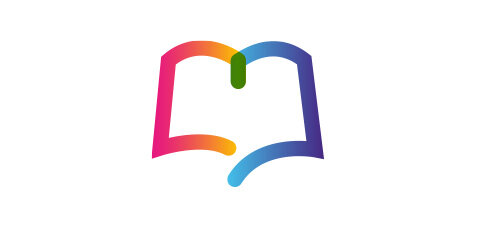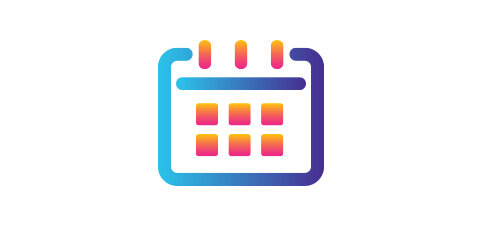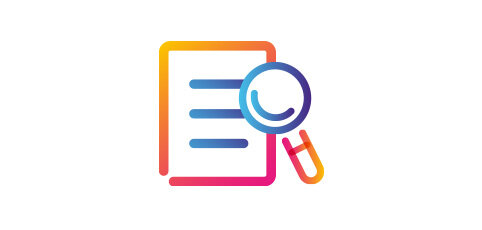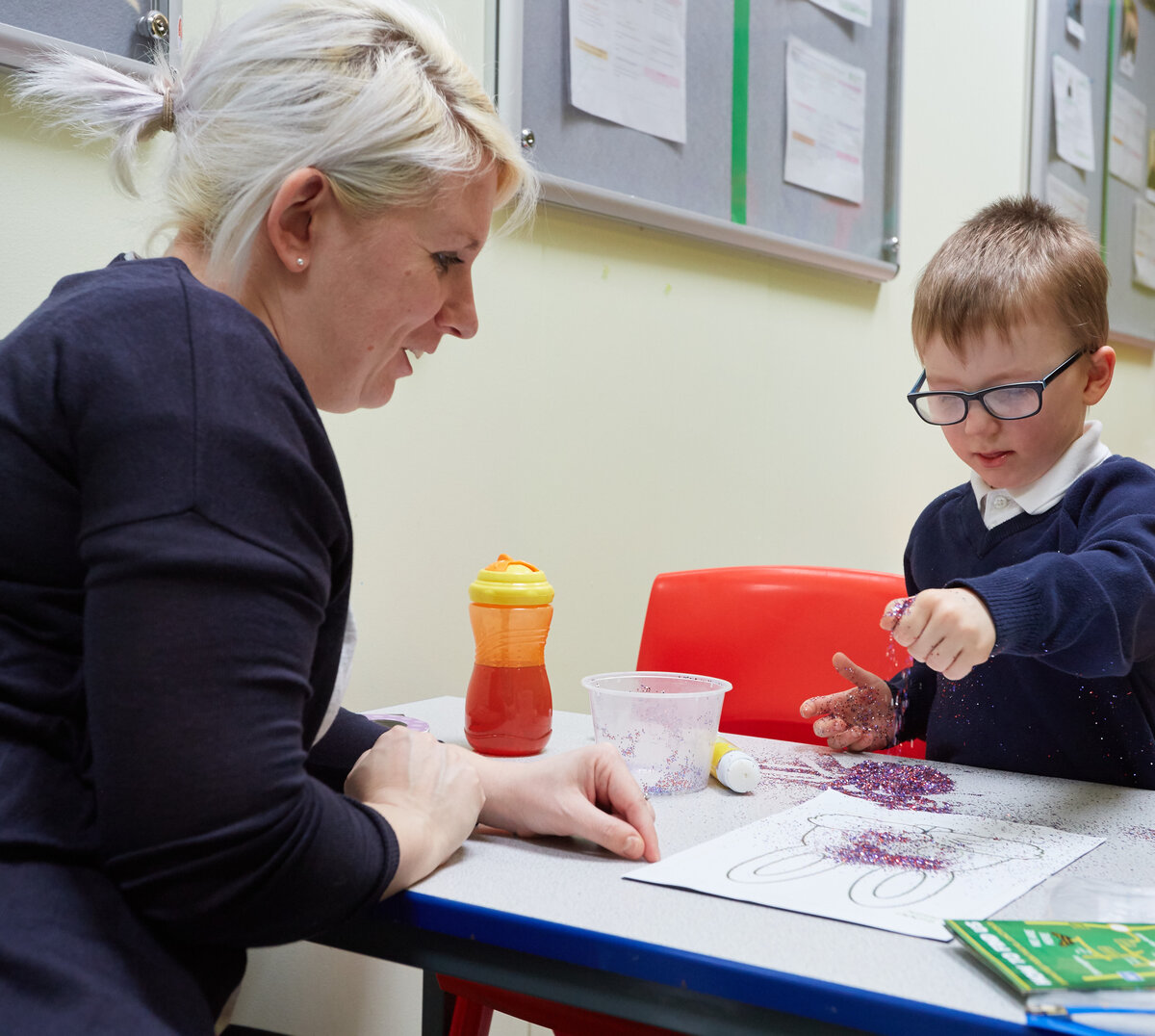Useful information

Curriculum
We deliver a personalised curriculum to meet the individual needs of each student.

Term dates
Download our school calendars to find out about upcoming term dates, staff training days and school holidays.

Our school policies
Our policies and procedures set out how we work with you and your child.
Our mission, vision and values
The purpose of our school is to help prepare young people to make a successful transition into adulthood with the confidence and the necessary skills to live as independently as possible and participate in their local community.
Mission
The mission for our students is to provide them with both an education and environment which are safe, respectful and inspiring.
Vision
Robert Ogden School's vision is to prepare our learners for life beyond school through specialist education that works for autistic children and young people.
Values
Whilst the mission and vision of the school are uniquely our own, we share the values of the National Autistic Society.
Our admissions process
Step one
If you are interested in your child attending Robert Ogden School, the first stage is to contact your local authority and indicate your preferences for Robert Ogden School.
Step two
All students must have an Education, Health and Care plan (EHCP, formerly a Statement of Special Educational Needs) that refers to a diagnosis of Autism Spectrum Disorder.
Step three
If you are working with a child for whom Robert Ogden School might be suitable, we recommend that you contact us for an initial conversation about the child’s needs and the services we offer.
What to do next?
A large independent school for Autistic children and young people run by the National Autistic Society. To learn more about our school, understand our referrals process or simply ask a few questions please contact us by clicking on the Enquire Now button.


